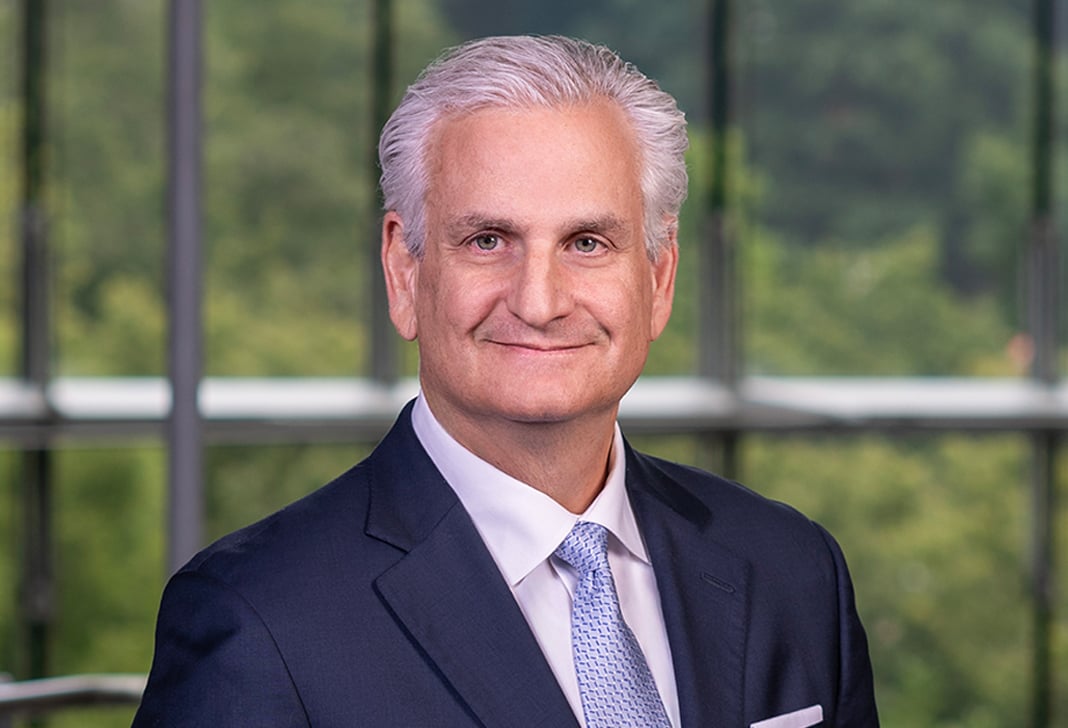
Supreme Court Prohibits NCAA From Restraining Student-Athlete "Education-Related" Benefits, but Recognizes Flexibility
The Court's ruling that certain NCAA rules violate antitrust law opens the door for student-athletes to receive additional benefits. But it does not extend to compensation relating to athletic performance, conferences remain free to pass their own rules independently, and universities may decide whether or not to offer any particular benefit.
The U.S. Supreme Court unanimously ruled in National Collegiate Athletic Association v. Alston that, under the antitrust laws, the NCAA may not impose national rules limiting student-athletes from receiving "education-related" benefits. The Court's ruling did not extend to student-athlete rules imposed by individual athletic conferences or universities, and the Court recognized that the NCAA still retains considerable leeway about how, and to what extent, such education-related benefits are provided.
Student-athletes in Division I FBS football and basketball brought antitrust claims challenging the NCAA's restrictions on compensation in exchange for their athletic services. The district court and the U.S. Court of Appeals for the Ninth Circuit evaluated these challenges under the "rule of reason," which balances anticompetitive effects and procompetitive benefits to determine the net impact on competition. The courts determined that NCAA rules restricting compensation "unrelated to education" (i.e., pay-for-play payments akin to salaries) were reasonable means to preserve the distinction between college sports and professional sports, but the NCAA's rules prohibiting education-related benefits were not. The NCAA sought review of this latter ruling, and the student-athletes opted not to appeal the courts' decision that the NCAA may restrict other forms of compensation unrelated to education.
The Supreme Court affirmed. The Court rejected the NCAA's argument that its compensation decisions were entitled to special deference, or only a "quick look" analysis, under the Court's decision in NCAA v. Board of Regents. That case, the Court explained, merely suggested that "courts should take care" when analyzing NCAA restrictions on student-athlete compensation, rather than reflexively rejecting any challenge to those rules. The Court also observed that the college sports industry and the NCAA's compensation rules have changed "significantly" since it decided Board of Regents back in 1984. Moreover, the Court noted that most joint venture restrictions are subject to a fact-specific rule of reason analysis under its established jurisprudence, and there was no reason to treat the NCAA differently in this regard. Thus, the impact of the case on broader joint venture analysis is an open question.
But the Court also confirmed that, under the district court injunction before it, the NCAA and its members retained "considerable leeway" to regulate education-related benefits. The NCAA can define what benefits are "education-related" and restrict third parties from providing such benefits. This flexibility protects against potential abuses that the NCAA raised in its arguments (e.g., phony paid internships, professional salaries disguised as academic "awards," and luxury cars to commute to classes). For instance, nothing in the injunction stops the NCAA from enforcing a "no Lamborghini" rule. Moreover, individual conferences may pass their own rules limiting education-related benefits, and schools may decide unilaterally whether or not to offer any particular benefit.
In a solo concurrence, Justice Kavanaugh explained that the NCAA's remaining compensation rules—including rules that were upheld by the district court but were not before the Court—"raise serious questions under antitrust laws." He found it to be "highly questionable" whether the NCAA could justify limits on compensation unrelated to education under a full rule of reason analysis based on the NCAA's "circular theory that the defining characteristic of college sports is that the colleges do not pay student athletes." Plaintiffs in pending and future antitrust litigation will likely renew challenges to such rules in light of Justice Kavanaugh's strong criticism of the NCAA's "amateurism" model.




